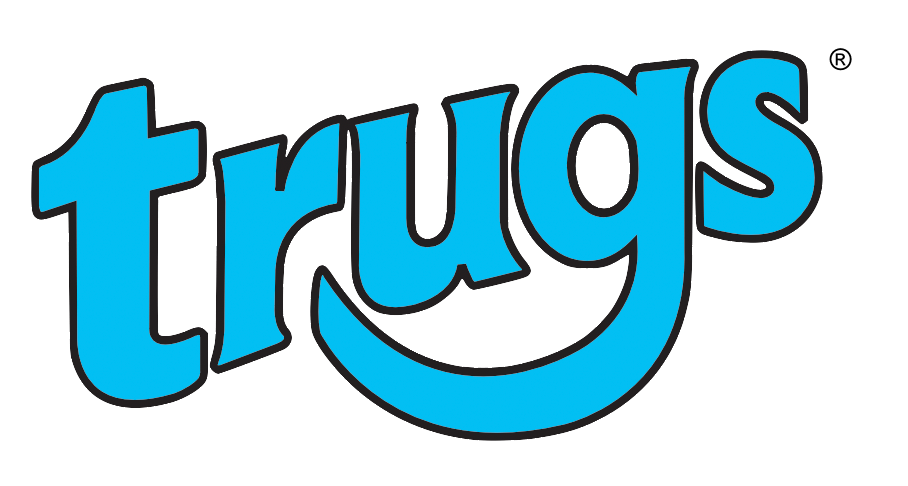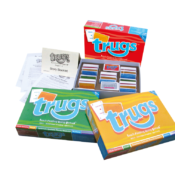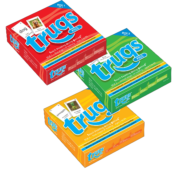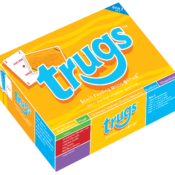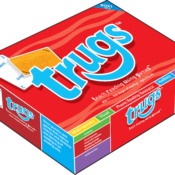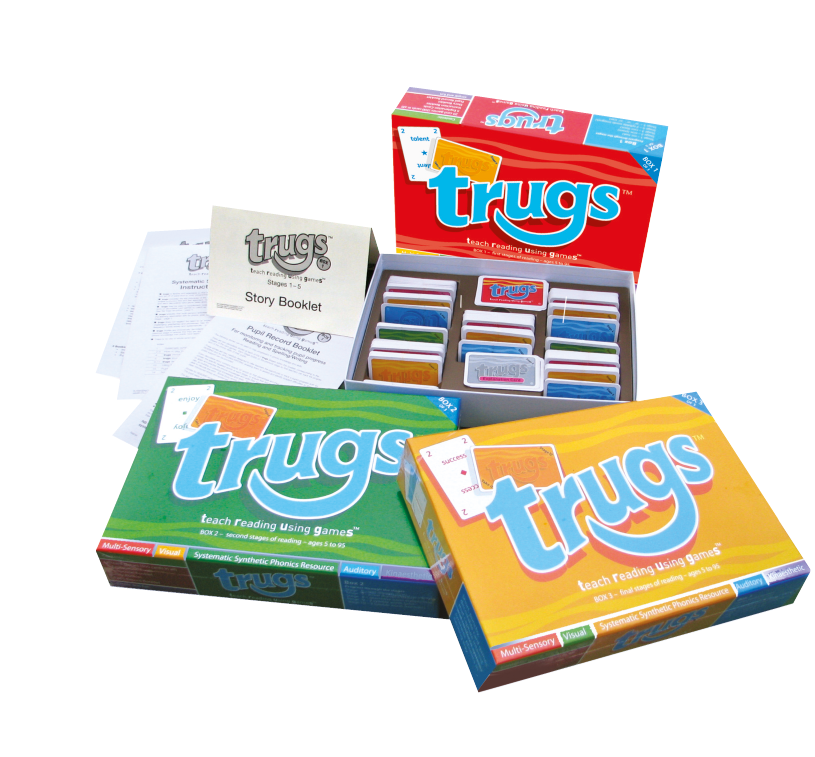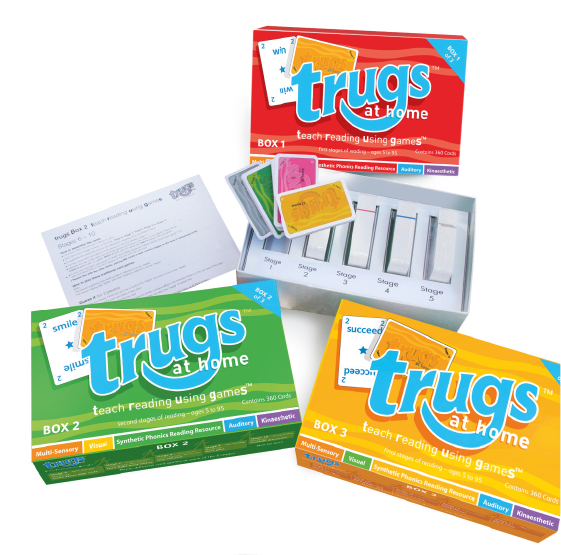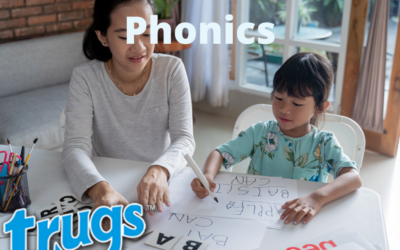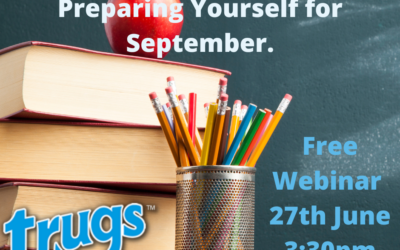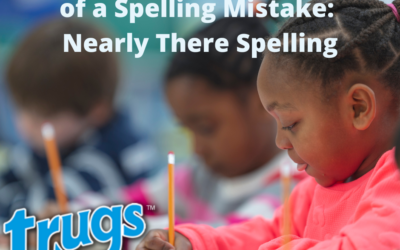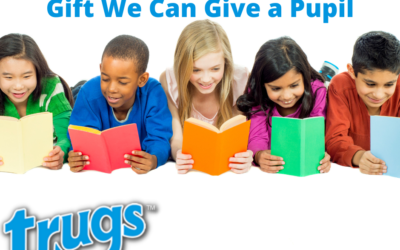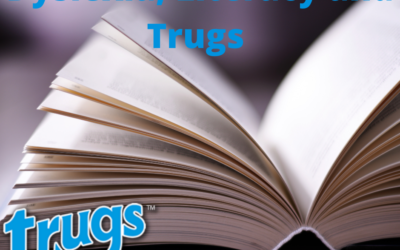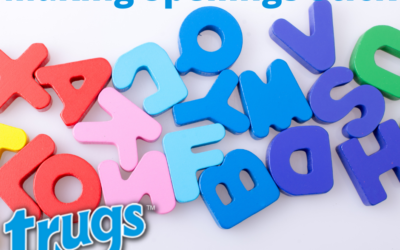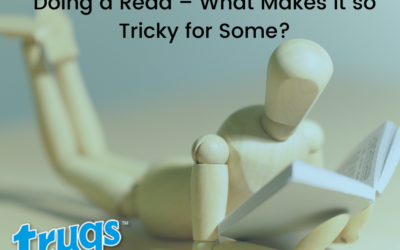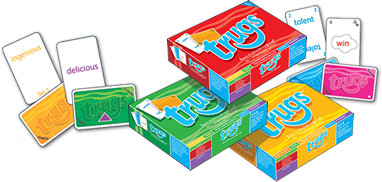
Welcome
to read successfully the home of trugs teaching reading using games.
Trugs is a systematic synthetic phonics intervention resource, both for professionals in education and for in the home. a group of resources that have been developed support with the progress of reading and spelling. Creating a fun, engaging way to support those with literacy difficulties.
Trugs for Education
Trugs for Home
Trugs Pics
Trugs Check
Trugs Tricky Words
Trugs Stage 0
Featured Products
-
Sale!

Free Trugs Card Game Sample Pack
Original price was: £2.00.£0.00Current price is: £0.00. -


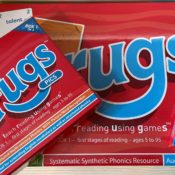
Schools Starter Bundle
£128.00 -



stage 7 Home Download
£5.99 -



TR trugs 4 Page Record Sheets PDFs
£10.00 -
Sale!


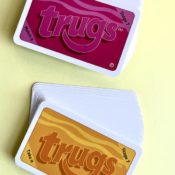
Trugs Sample Pack Stage 1
Original price was: £7.50.£0.00Current price is: £0.00. -

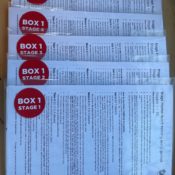
trugs at Home 1
£32.00 -


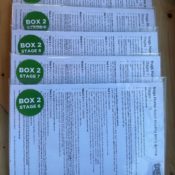
trugs at Home 2
£32.00 -


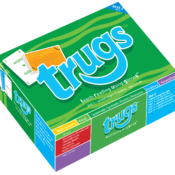
trugs at Home Box 2 SE
£54.00 -
Sale!

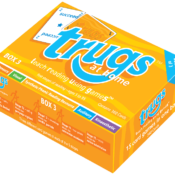
trugs at Home Box 3
£32.00 – £49.00 -
Sale!


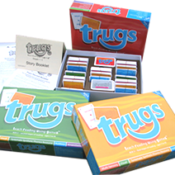
trugs At Home Bundle
Original price was: £118.00.£79.00Current price is: £79.00. -

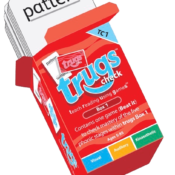
trugs Check Box 1
£10.00 -

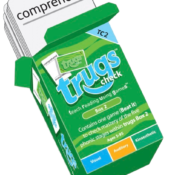
trugs Check Box 2
£10.00
Trugs for Schools
A structured 15 stage phonics intervention programme for all age students to learn to read by having fun.
- Get it, Match it and Take it card games enable students and children to practise, reinforce and consolidate reading.
- Use it card game develops sentence construction and increases vocabulary knowledge.
- Explanation Card explains what each Stage is and how to teach that stage
Trugs at home
Support your children at home with playing and having fun with card games. supporting all those with literacy differences. creating mastery in learning through fun and decodable games.
- Help your children learn to read by laughing and playing and having fun.
- Card games, Guess it, Match it and Take it at each stage makes reading practise easy and fun
- The Clue card explains what each Stage is.
- That’s all that’s needed because the structure has been put together by a dyslexia specialist
Latest News
Dyslexia and Phonics
What do you think of when you hear the word dyslexia? Mispronouncing words, reading errors, and struggling in school are probably some of the first things that come to mind. But dyslexia is so much more than that! Dyslexia is a neurological disorder that affects how a...
Getting Started with Trugs Preparing Yourself for September.
It's getting to that time of year that we are all thinking about summer break, but we are also planning on how we are going to support our young people with special education needs and disability, and in particular those with literacy difficulties such as dyslexia, in...
Focusing Upon the Positives of a Spelling Mistake: Nearly There Spelling
Across the country several school children feel a sense of impending doom as the dreaded weekly spelling test looms. This is because several of our pupils will have worked hard all week learning a list of words for a test and just know that despite their best...
Reading – The Most Important Gift We Can Give a Pupil
Arguably, reading is the gateway to curriculum access and therefore learning. We ask our pupils to be able to read information in every subject that we teach. If they can’t do this in its most functional sense, then learning becomes difficult. Here is a jarring...
Dyslexia, Literacy and Trugs
According to the Rose Report 2009 the definition of dyslexia is: “Dyslexia is a learning difficulty that primarily affects the skills involved in accurate and fluent word reading and spelling. Characteristic features of dyslexia are difficulties in phonological...
Making Spellings Stick
Why is spelling so tricky for some? Perhaps, it is because there are so many processes to manage. For example, you have to: Isolate sounds in words and then translate those sounds into print.Recall spelling rules — and the exceptions.Choose between different words...
How do you spell ‘fish’?
How do you spell the word ‘fish’? I bet you are wondering why I’ve asked su ch a simple question aren’t you? I bet that some of you are scratching your heads at my question whilst internally saying: ‘everyone knows that you spell fish like this: f-i-s-h and, we all...
Doing a Read – What makes it so tricky for some?
If only ‘doing a read’ was as simple as it sounds. We often take for granted that the children and young people that we support will have the skills to make the words on a page magically travel through their eyes, into their brains and be spoken accurately from their...
New Website
New look new feel! Check out our new website. Making it easier for you to find our products and services. trugs follows Government guidelines on systematic synthetic phonics. The DfE wishes to offer schools and early years settings support in choosing effective...
